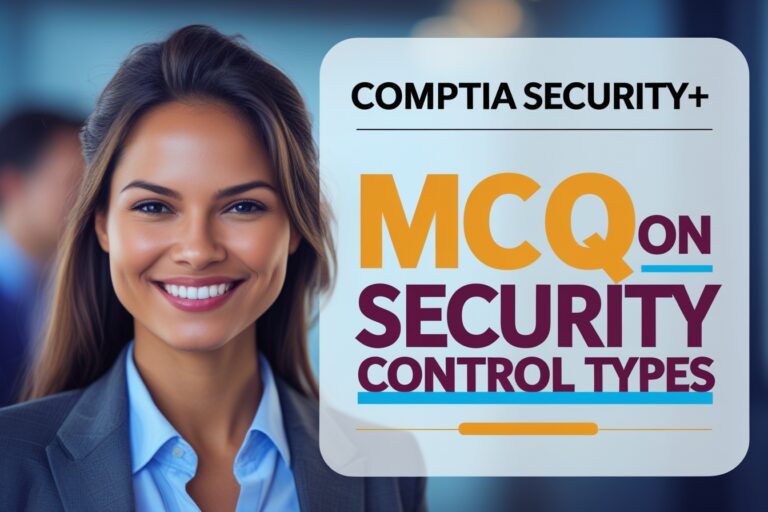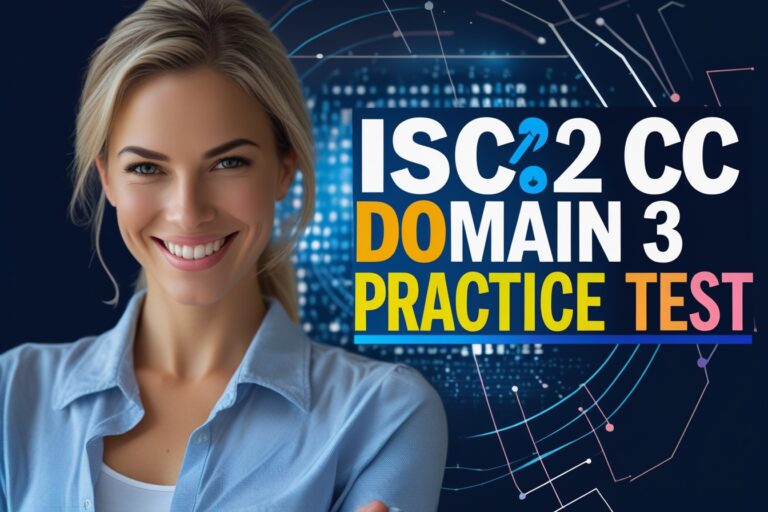1. The time that elapses between the initiation of an operation and completion of that operation is called…..
A) throughput
B) memory response time
C) memory access time
D) execution time
2. Interrupts which are initiated by an instruction are …………
A) internal
B) external
C) hardware
D) software
3. A semiconductor memory constructed using bipolar transistors or MOS transistor stores information in the form of a ………………….
A) Flip-flop voltage levels
B) bit
C) byte
D) opcodes values
4. A simple way of performing I/O tasks is to use a method known as ………………….
A) program-controlled I/O
B) program-controlled input
C) program-controlled output
D) I/O operation
5. Memory access in RISC architecture is limited to instructions ……..
A) CALL and RET
B) PUSH and POP
C) STA and LDA
D) MOV and JMP
6. Striking key stores the corresponding character code in an 8-bit buffer register associated with the keyboard. This register is called as ……………………
A) DATAINOUT
B) DATAOUT
C) DATAIN
D) Both A and B
7. When the character is transferred to the processor, status control flag SIN is automatically cleared to ……………………….
A) zero
B) one
C) two
D) yes
8. A microprogram written as a string of 0’s and 1’s is a …
A) symbolic micro-instruction
B) binary micro-instruction
C) symbolic micro-instruction
D) binary microprogram
9. An exception condition in a computer system by an event external to the CPU is called ………
A) Interrupt
B) halt
C) wait
D) process
10. When the CPU detects an interrupt, it then saves its ……………….
A) Previous state
B) Next state
C) Current state
D) Both A and B
Answers:
1. C) memory access time
2. D) software
3. A) Flip-flop voltage levels
4. A) program-controlled I/O
5. C) STA and LDA
6. C) DATAIN
7. A) zero
8. D) binary microprogram
9 A) Interrupt.
10 C) Current state.
Read Next: MCQ of Computer Organization and Architecture with Answer set-3








1 Comment
Q2 ans is software